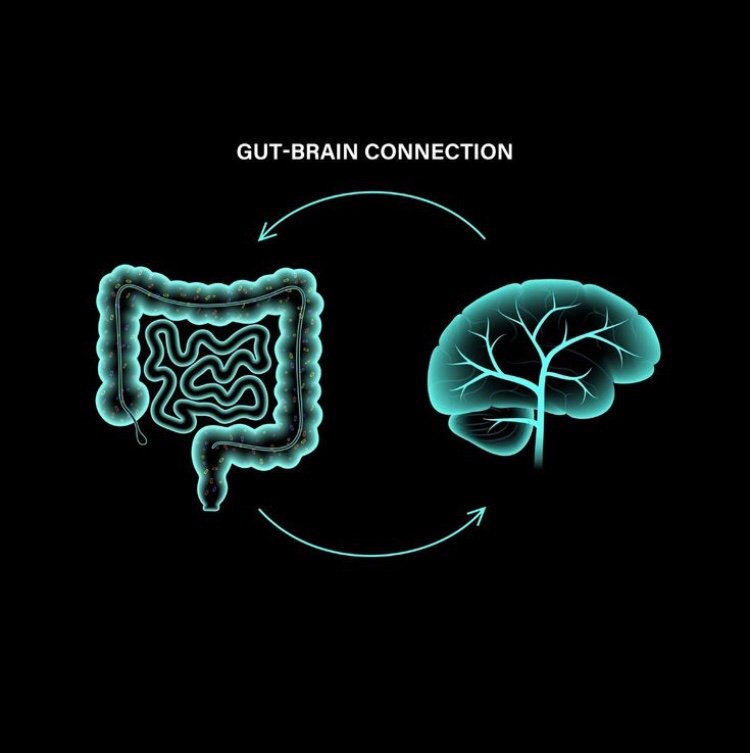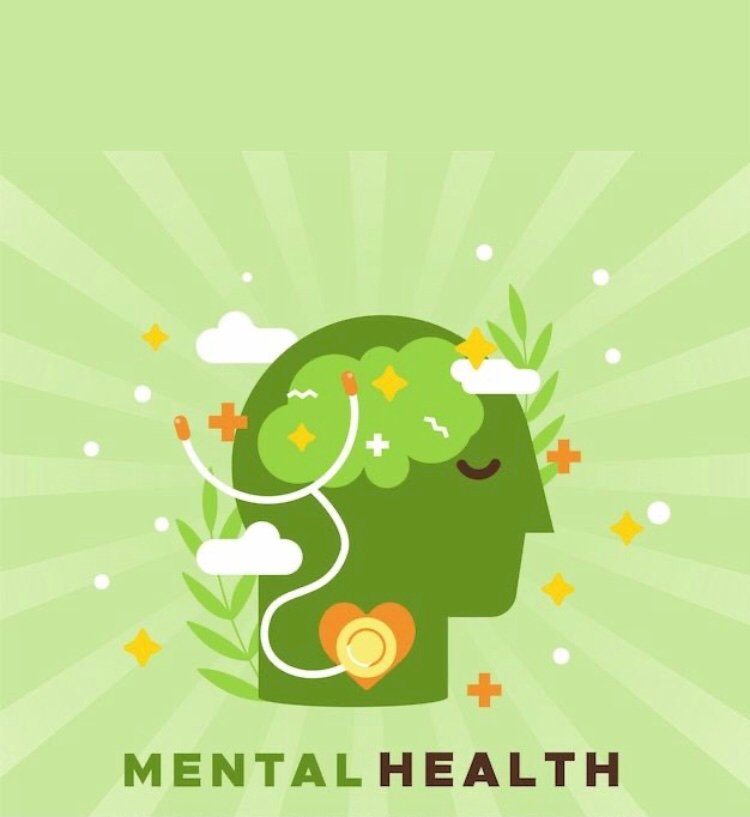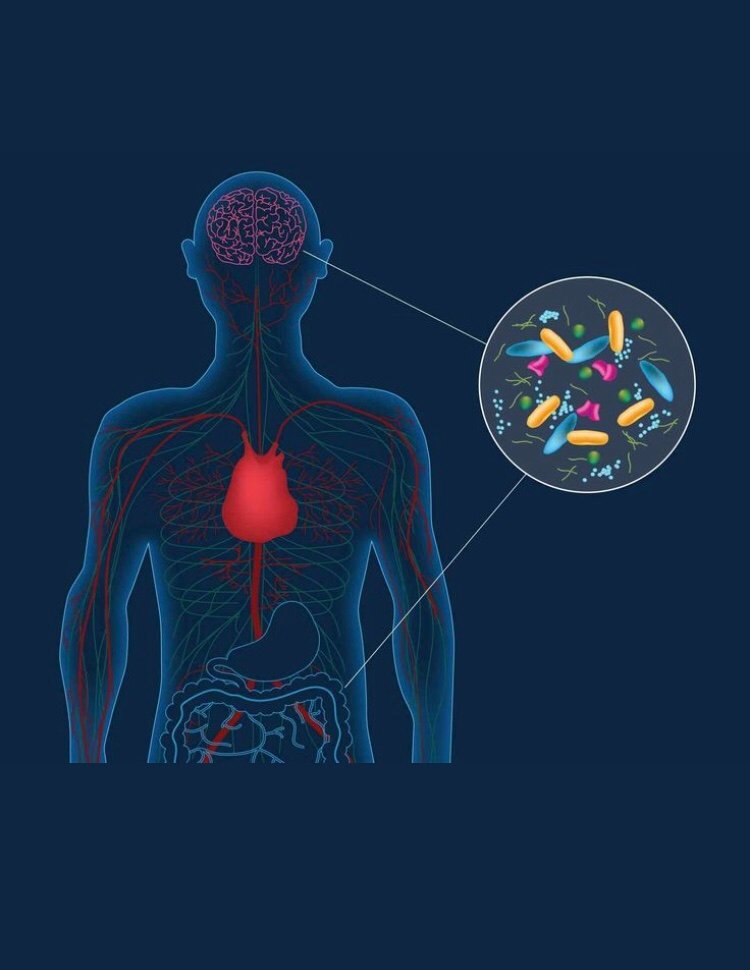What you eat doesn’t just affect your body—it impacts your mind. Scientific research reveals the significant connection between diet and mental health, showing how certain foods can boost mood and cognition while others may worsen conditions like anxiety and depression.
As mental health concerns rise globally, the influence of nutrition on our emotional and psychological well-being is gaining deserved recognition. While we often think of food as fuel for our bodies, it’s increasingly clear that our brains rely just as much on the nutrients we consume. What we eat affects how we think, feel, and function. From improving mood to reducing the risks of anxiety and depression, the relationship between food and the mind is more profound than most realize.
The Gut-Brain Connection: More Than Just a Feeling
The saying, “you are what you eat,” takes on new meaning when we consider the gut-brain connection. Often referred to as the “second brain,” your gut is home to the enteric nervous system (ENS), a vast network of neurons that communicate directly with your brain. This isn’t a casual chat but a continuous conversation that impacts mood, stress, and overall mental health.
Think of your gut as a bustling city where the balance between beneficial and harmful bacteria controls the pace. Good bacteria—probiotics—act like diligent workers maintaining order, while a diet filled with processed foods, sugar, and junk can disrupt this balance, leading to inflammation. Research shows this inflammation is closely linked to mental health issues like depression and anxiety. Surprisingly, the gut produces around 90% of the body’s serotonin, a neurotransmitter that governs happiness, illustrating that mental well-being truly starts in the gut.

Key Nutrients That Fuel Mental Health
Your brain is like a high-performance engine, and just as a car needs the right fuel, your brain needs certain nutrients to function optimally. Here’s a look at the major players:
Omega-3 Fatty Acids: These healthy fats, found in fish like salmon, walnuts, and flaxseeds, are essential for brain health. Omega-3s improve communication between brain cells and fight inflammation, which has been linked to depression. Diets rich in omega-3s have been shown to ease symptoms of depression and elevate mood.
B Vitamins: B6, B12, and folate are crucial for brain function, playing an important role in neurotransmitter production. Low levels of these vitamins can lead to cognitive decline and mood disorders. People lacking B vitamins often show signs of depression and mental fatigue.
Antioxidants: Colorful fruits and vegetables, such as berries and spinach, are packed with antioxidants, which protect brain cells from oxidative stress. Free radicals, rogue molecules that harm cells, are linked to anxiety and depression.
Magnesium: Known as the “relaxation mineral,” magnesium helps calm the nervous system and regulates stress. Found in leafy greens, nuts, and seeds, magnesium deficiency is commonly associated with increased irritability and poor sleep quality.
Incorporating these nutrients into your diet is not just theoretical; many clinics today use dietary adjustments as part of their mental health treatment plans.
The Mediterranean Diet: A Case Study in Mental Wellness
Consider the Mediterranean diet, which has long been recognized for its heart-healthy benefits but also holds promise for mental health. This diet, rich in olive oil, lean proteins, nuts, and an abundance of fruits and vegetables, has been linked to a reduced risk of depression.
In Spain, a landmark study tracked individuals who adopted the Mediterranean diet. The results? Participants not only experienced better physical health but reported heightened mood, fewer anxiety symptoms, and higher energy levels. The mental benefits of this diet reveal that simple dietary changes can lead to profound emotional shifts.

Practical Steps for a Brain-Healthy Diet
How do you begin the journey toward a diet that supports mental health? It doesn’t have to be overwhelming. Here are some practical, bite-sized steps:
Gradual Omega-3 Boost: If fish isn’t a staple in your diet, start small by adding walnuts or flaxseeds to your meals. You can also consult a doctor about taking a fish oil supplement for added benefits.
Eat the Rainbow: Add more vibrant fruits and vegetables to your diet. Each color represents a variety of antioxidants and nutrients that nurture your brain.
Support Gut Health: Include fermented foods like yogurt, kefir, or sauerkraut to boost the good bacteria in your gut. Prebiotic foods such as garlic, onions, and asparagus also support a healthy gut ecosystem.
Stay Hydrated: Dehydration impacts focus, energy, and mood. Drinking at least 8 glasses of water daily can keep your brain sharp and improve overall well-being.
Reduce Processed Foods: Cutting back on sugar-laden snacks and processed carbohydrates can prevent mood swings and energy crashes.
Despite the powerful effects of nutrition on mental health, access to these beneficial foods remains a challenge in some areas. Socioeconomic factors, food deserts, and high costs make it difficult for many to obtain fresh produce and nutrient-rich foods. To address this, community programs and policy changes are needed to ensure more people can access these foods.
The relationship between food and mental health is undeniable. While no single nutrient can be a magic cure, a diet rich in whole foods and essential nutrients can transform not only your physical health but your mental and emotional well-being. As science continues to uncover the deep connection between what we eat and how we feel, the evidence is clear: you can take charge of your mental health, one meal at a time.
In the words of Hippocrates, “Let food be thy medicine and medicine be thy food.” Your brain will thank you.






You must be logged in to post a comment.